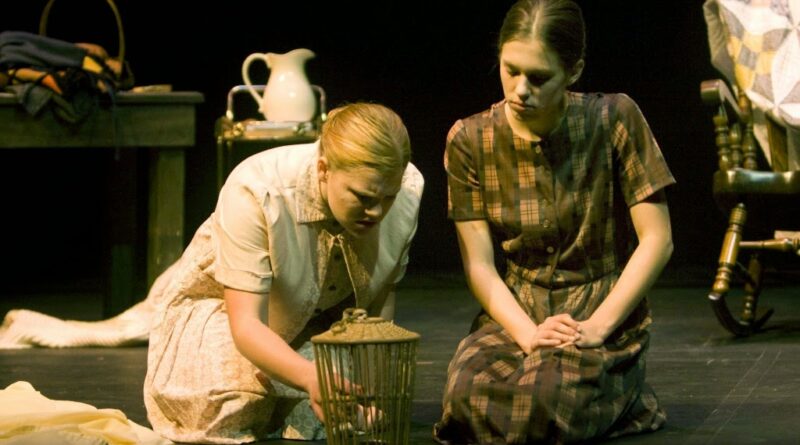Psychoanalytical Perspective of Glaspell’s Trifles
Trifle’s is a play set in a dreary and unkempt kitchen in a forsaken rural home thus establishing the abnormal fear experience in the play. The play focuses on two women that discover clues about murder but which the county officials regard as minor. However, the play is not a murder mystery but it is a psychological and cultural analysis that investigates women’s status in society and their understanding of reality. The sheriff and the attorney decide that the room does not contain any evidence apart from kitchen things. The sheriff says, “Nothing here but kitchen things.” While the men in the play are busy looking for forensic evidence to the death of Mr. Wright, the women in the play notice clues that explain the grim of the emotional life of Mrs. Wright. This paper analyses the Trifles play using a psychoanalytic perspective that focuses on the unconscious mind. This perspective emphasizes that experiences left in the subconscious mind, which people are not aware of determine behavior.
Analysis
The play uses symbolism that assists in revealing the psychoanalytic motivations of the characters. Before Mrs. Wright married, her name was Minnie Foster and she was a cheerful woman but that changed after the marriage. Mr. Wright prevented her from singing and being happy by busting the cage door and strangling the bird (Glaspell, 2010). This represents the spiritual death of Mrs. Wright after her marriage. The female characters in the play show understanding for Minnie and their solidarity displays the psychoanalytic movement, which questions the value of rational thought. At one point, Mrs. Peters asks Mrs. Hale “Why, here’s a bird cage, did she have a bird?” The cage represents the oppression Minnie went through with her husband. The irony in the play is shown when the men despise the women for concentrating on trifles, which eventually turn out to be the evidence the men are looking for. This reveals how the unconscious minds of the male characters i.e. the sheriff and the attorney dictate their behavior.
One element of the psychoanalytical movement is that of the ego. In this play, men do not seem to appreciate women by presenting themselves as the detectives that can discover the cause of Mr. Wright’s death. Unfortunately, their ego does not enable them to as observant and keen as their female counterparts. For instance, Hale says, “women are used to worrying over trifles”. In addition, the sheriff despises searching for evidence from the house and says, “nothing here but kitchen things” (Glaspell, 2010) These statements enable one to understand the psychoanalytic states of the male characters. The relationships of the women in the play show solidarity in an attempt to shake off the male domination and further enable the reader to understand the psychoanalytical states of the women.
The feminist and the psychoanalytical perspective are used in the play. The female characters empathize with Minnie because they understand her plight and they go ahead to hide the fact that Minnie murdered her husband. Mrs. Hale asks Mrs. Peters, “Do you think she did it?” This means that they know Minnie killed her husband. On the contrary, the male characters assume that no evidence can be found in the kitchen because of its association with women, hence they go to search for evidence of murder from the bedroom and barn where men have control. The County Attorney says, “I want to get the lay of things upstairs now.” The female characters in the play struggle for power with the male characters but the male seem to dominate the society. Mrs. Hale says, “I’d hate to have men coming into my kitchen, snooping around and criticizing.” This shows the willingness of the women to be free.
Conclusion
The male characters in the play are affected by their unconscious mind because even if they refer to women’s acts as trifles, these trifles represent the evidence they are looking for. The psychoanalytic states of the characters are shown in the statements they make unconsciously. The women’s intuition in the play demonstrates their power and solidarity in a male dominated society and their efforts to change that perspective.
Reference
Glaspell, S. (2010). Trifles. Walter H. Baker.




